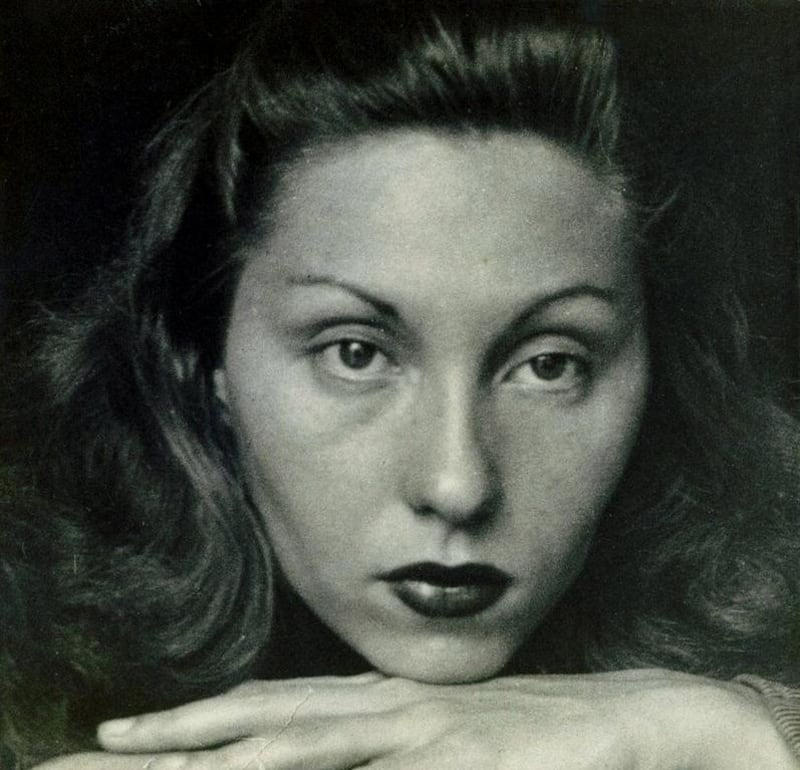She starts with a woman who has been left by her lover. The woman is distraught – can’t go on. Then, in an instant near the story’s close, the narrative flips and suddenly she is happy.
The short stories of the great 20th-century Brazilian writer Clarice Lispector have been collected in English for the first time, in a new translation by Katrina Dodson. Lispector, the daughter of Jewish immigrants fleeing violent persecution in Ukraine, was in her time a newspaper columnist, a diplomatic wife, and (in her only TV interview) a self-proclaimed “amateur”.
She writes on the micro-detail of ordinary lives, mostly of women: the decision not taken, the argument rehearsed but not spoken. A man buries a dead dog in an inadequate tribute to a dog he neglected, then digs it up again; a woman’s involuntary moment of compassion for a blind man prompts her to consider abandoning her family; a respectable teacher is not raped and murdered by two robbers on a train. Lispector’s restless curiosity drives her towards those nebulous, life-changing moments that are as difficult to identify as to recount.
The narratives are mostly interior, and Lispector’s story-busting narrators are often those refused a say in their fates: children, old women, chickens, as well as “the smallest woman in the world”. Their very powerlessness enables them to slip the shackles of conventional story. In “Journey to Petrópolis” an old lady is shunted between relatives until, neglected, she wanders off to die by the roadside. A sad tale? Yes and no (moments of surprising joy are never lacking in Lispector’s work). Her characters move constantly in and out of focus, with death as the ultimate evasion of narrative, of meaning, of language and eventually of the storyteller herself.
Lispector plays with what is found between the lines, in spaces the writer can set up, suggest, but is wise enough to know she cannot control. Writing, Lispector says, in “The disasters of Sophia”, is akin to the sin of lying, and the culpability it induces rescues the writer from the weight of acknowledging her own work: “I thought everything made up was a lie, and only the tormented awareness of sinning redeemed me from this vice.”
The schoolgirl narrator of this story is at first unsure what the hidden “treasure” her teacher refers to is. Is it the subject of her composition? Is he flirting with her? No, she comes to realise he is talking about her shameful ability to write. There are many stories about hidden treasure. Most, like “Preciousness”, combine the idea of female physicality with a wider sense of self. Both are interdependent, open to assault and full of terrifying joys.
Moser, in his introduction, writes of how Lispector’s characters echo the writer’s own experiences, making “a record of a woman’s entire life, written over a woman’s entire life”, but let’s not equate Lispector too closely with her creations. An “amateur” who was nevertheless a professional newspaper columnist, a wife who divorced, a bourgeois born into the life of a refugee; these perspectives are seldom recounted in the stories. To confuse Lispector with her characters would be to undermine her art.
Over time, Lispector’s stories turn to the subject of creativity, and each seems a new clue to their creator’s achievement. “I will tell at least three stories, all true because they don’t contradict each other,” the narrator begins a story called, provocatively, “The Fifth Story”. Increasingly concerned with artifice, Lispector let her stories’ seams show because, like the finest Japanese designer denim, the red-edged selvage on the interior is also part of their elegance.
So, which came first: the chicken or the egg? In “The Egg”, Lispector gets closest to discussing her writing process. “I could interfere with whatever is carried out through me. It’s because I myself, I properly speaking, all I have really been good for is interfering. What tells me that I might be an agent is the idea that my destiny surpasses me.”
Lispector without doubt identifies with the chicken; the egg she produces, her art, is seamless and necessarily mysterious even to its creator. Did it arrive fully formed? Her early work already reads like the mature productions of most writers. Each story demands such attention. Lispector never repeats a subject or an approach except to push it further. Moser, in his introduction, calls her a “female Chekhov”, but Lispector is no one so much as the fullest version of herself.
Joanna Walsh is a UK-based writer. She edits fiction at 3:AM magazine and runs @read_women.





